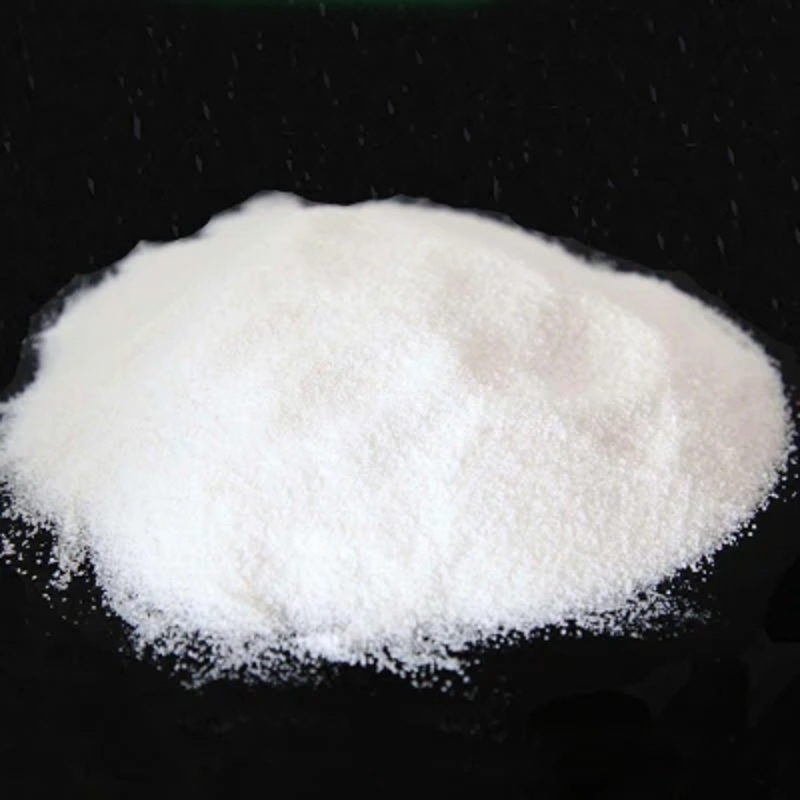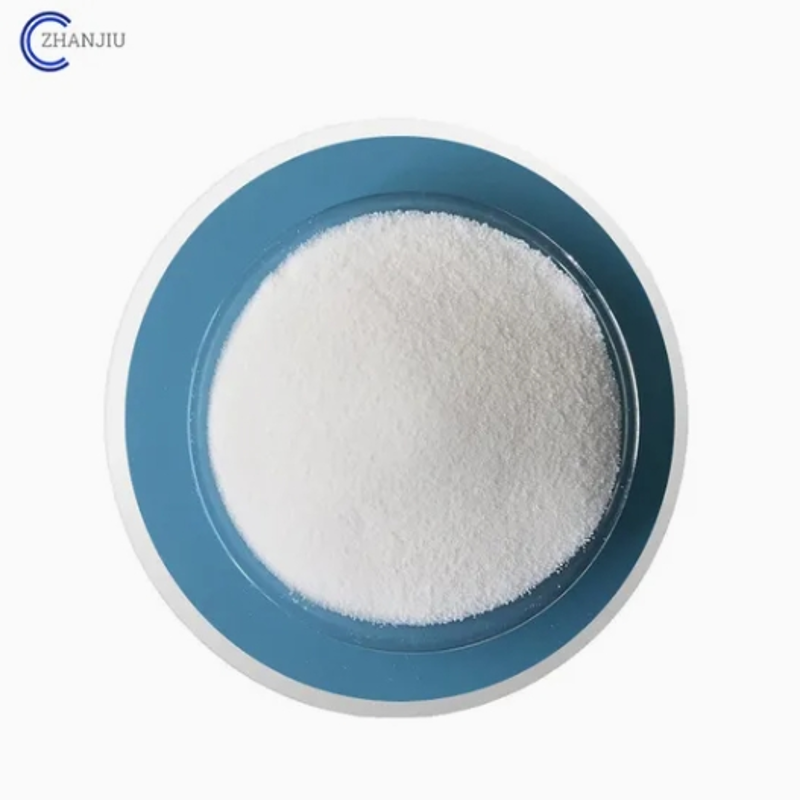-
Categories
-
Pharmaceutical Intermediates
-
Active Pharmaceutical Ingredients
-
Food Additives
- Industrial Coatings
- Agrochemicals
- Dyes and Pigments
- Surfactant
- Flavors and Fragrances
- Chemical Reagents
- Catalyst and Auxiliary
- Natural Products
- Inorganic Chemistry
-
Organic Chemistry
-
Biochemical Engineering
- Analytical Chemistry
-
Cosmetic Ingredient
- Water Treatment Chemical
-
Pharmaceutical Intermediates
Promotion
ECHEMI Mall
Wholesale
Weekly Price
Exhibition
News
-
Trade Service
5000pt;<em></em> mso-font-kerning:0000pt;">Nowadays, "goji berries in a thermos" has become a stereotype of middle-aged m.
5000pt;<em></em> mso-font-kerning:0000pt;">Nowadays, "goji berries in a thermos" has become a stereotype of middle-aged m.
5000pt;<em></em> mso-font-kerning:0000pt;">The use of red wolfberry as medicine has a very long history in Chi.
5000pt;<em></em> mso-font-kerning:0000pt;">And the history of people eating black wolfberry is much short.
5000pt;<em></em> mso-font-kerning:0000pt;">From a botanical point of view, red wolfberry and black wolfberry belong to two plants of the same genus and different species, and the relationship is more similar to sweet potato and purple pota.
5000pt;<em></em> mso-font-kerning:0000pt;">One more thing here, to know which plants are rich in anthocyanins, just look at the col.
5000pt;<em></em> mso-font-kerning:0000pt;">The iconic nutritional active ingredients in red wolfberry are: wolfberry polysaccharide and betaine, which are also found in black wolfber.
5000pt;<em></em> mso-font-kerning:0000pt;">Once, the price of black wolfberry was inflated, and some people compared it to soft go.
5000pt;<em></em> mso-font-kerning:0000pt;">The act of eating wolfberry is not so much a physical exercise, but a psychological comfo.
If you want to pursue the traditional Chinese medicine effect of "nourishing the liver and kidney, improving eyesight", eating red wolfberry is of course more "orthodo.
If you just treat them as regular food, you can eat eith.
By the way, the carbohydrate content in red wolfberry is not low, each 100g contains 75g of carbohydrates, soaking in water or chewing 6-12g every day is enough, eat too much and be careful to gain weig.
The act of eating wolfberry is not so much a physical exercise, but a psychological comfo.
If you want to pursue the traditional Chinese medicine effect of "nourishing the liver and kidney, improving eyesight", eating red wolfberry is of course more "orthodo.
If you just treat them as regular food, you can eat eith.
By the way, the carbohydrate content in red wolfberry is not low, each 100g contains 75g of carbohydrates, soaking in water or chewing 6-12g every day is enough, eat too much and be careful to gain weig.







